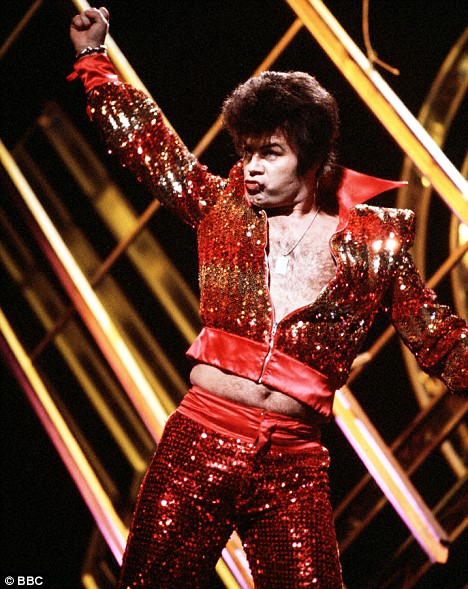
We're seeing now that, with disgraced celebrities such as Bill Cosby and Jian Ghomeshi, the perception of any individual's work can be altered forever by new information that's come to the public's attention. Some will say that there should be no connection made between someone's art and the person behind it, but this isn't realistic. Do you really feel like cheering anymore? Or has somebody's insistence on playing this song transported you back to moments in your life when you were in great pain?

Colorado scores, and at the moment you should be cheering as loudly as you can and revelling in your team scoring a goal, you're instead confronted by the work of a man whom you know has committed these heinous acts. Let's say, for argument's sake, you're also an Avs fan and you're in Denver at the Pepsi Center. Try and put yourself into the shoes of a sexual assault survivor – or someone whose life has been affected by sexual abuse – who is in attendance at an NHL game. This is all so unnecessarily stubborn and, quite simply, unacceptable. The San Jose Sharks use a muzak version for their goal song.

The Florida Panthers and Nashville Predators used it in their goal song celebrations last season. The Colorado Avalanche still use the original version as their goal song. And yet, even with that information in the public domain, NHL teams have continued to play "Rock and Roll, Part 2".


 0 kommentar(er)
0 kommentar(er)
